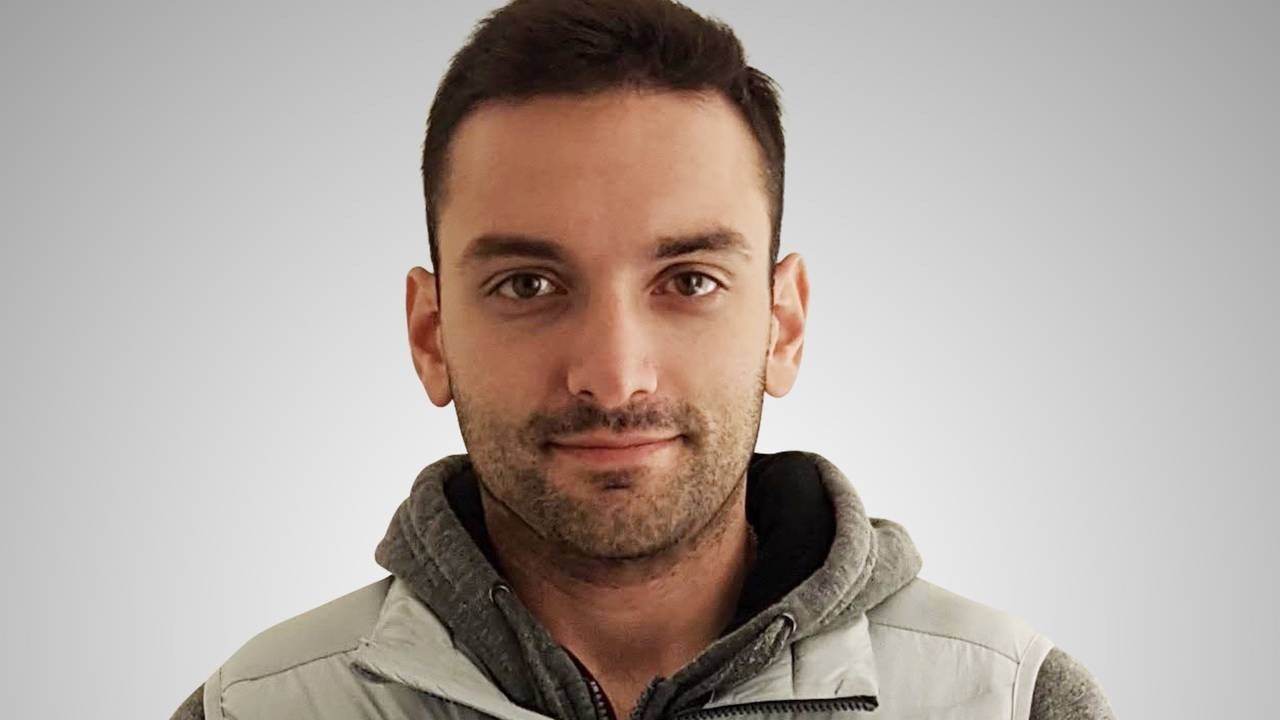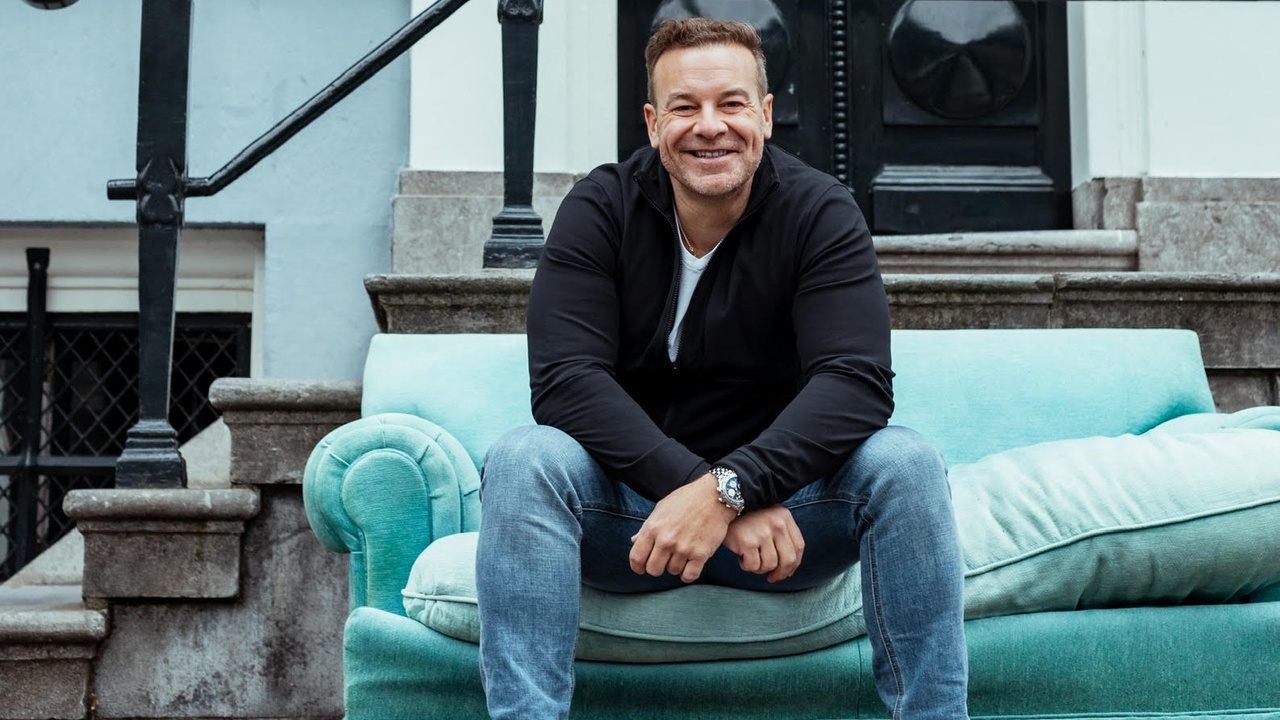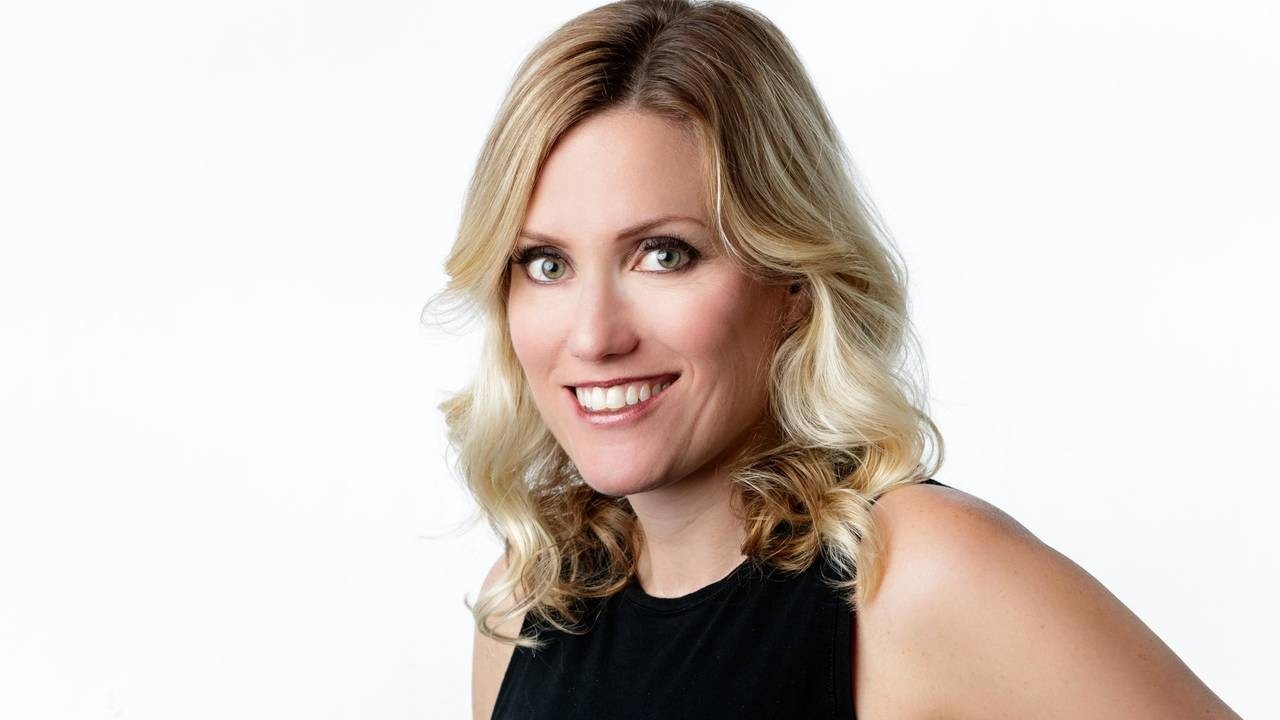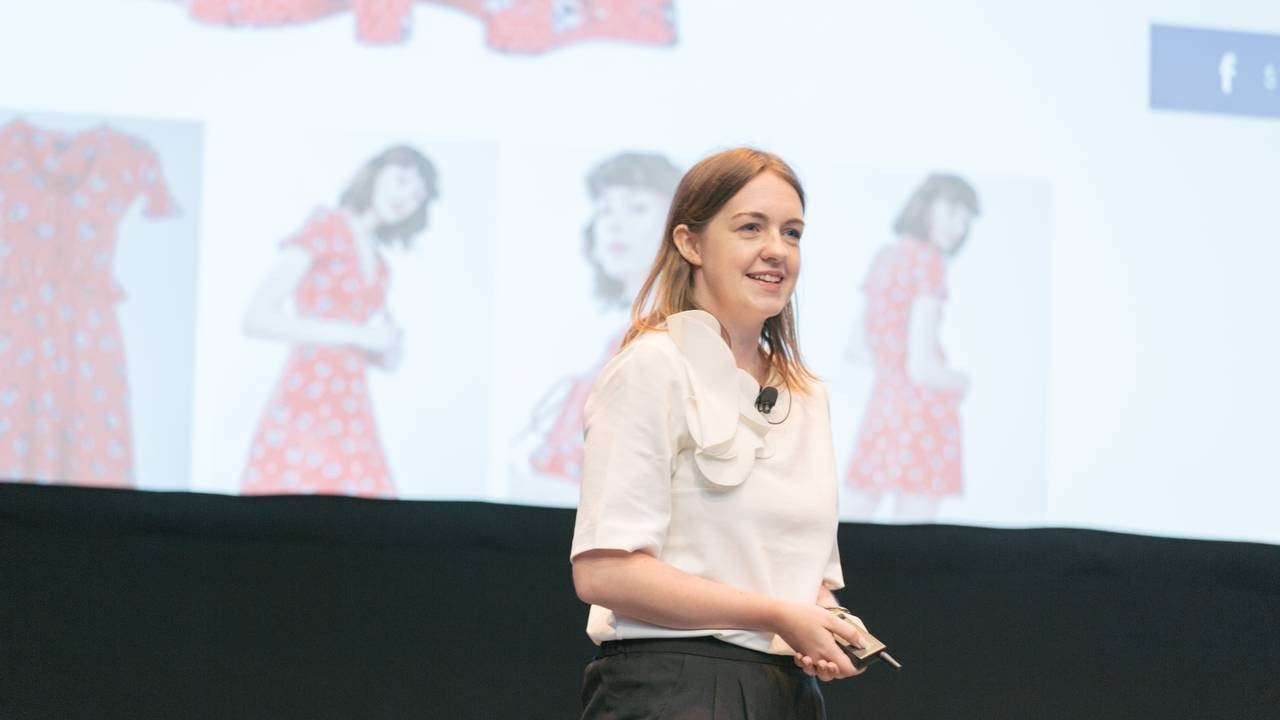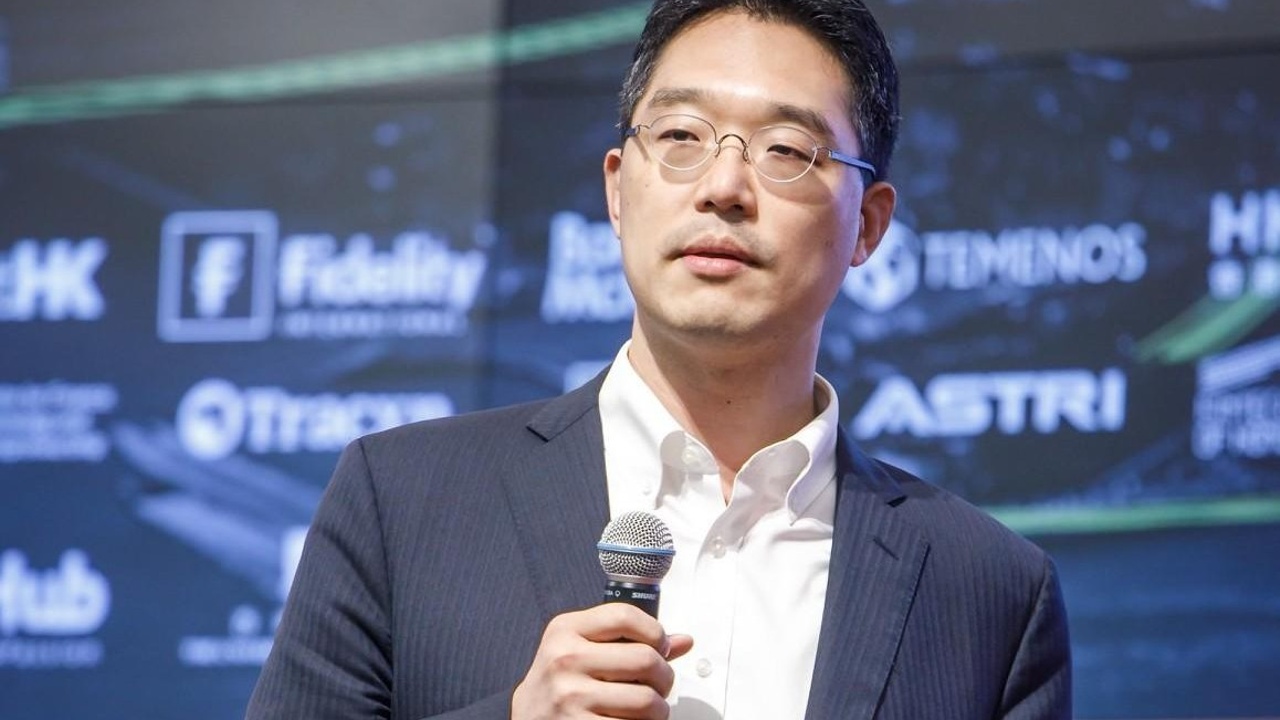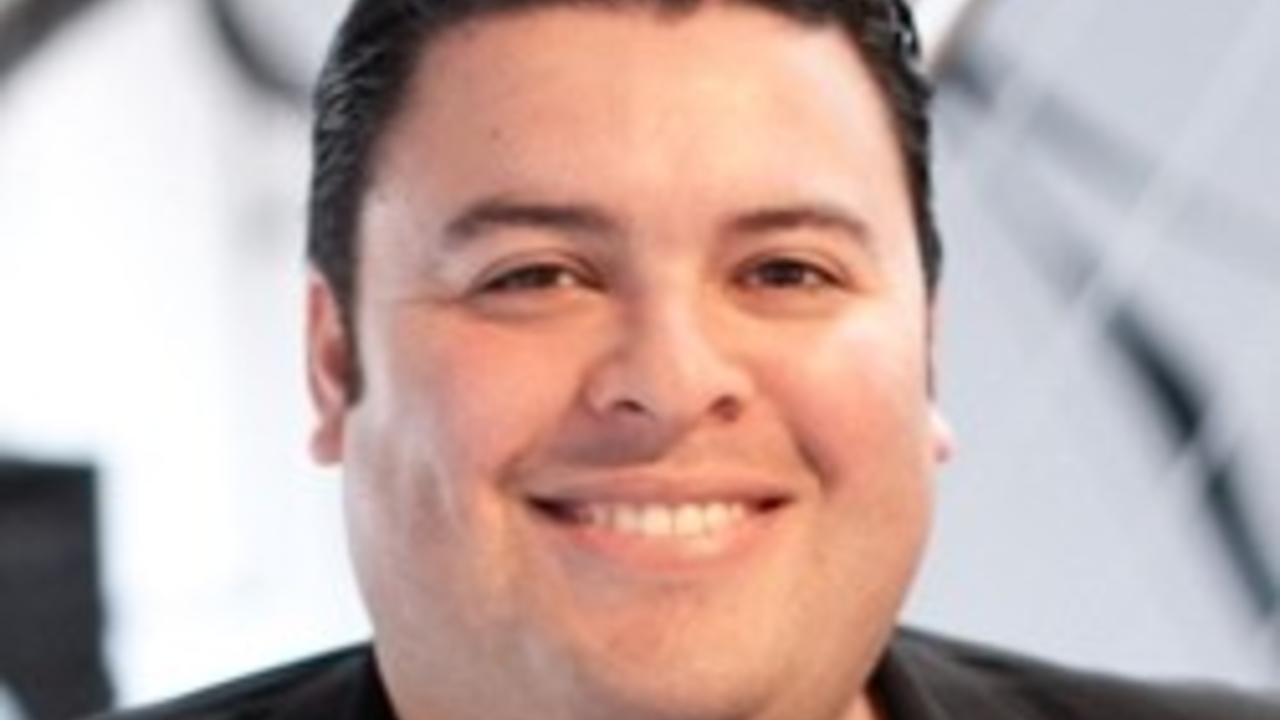Want to become a better tech innovator while you sit on a beach?
In this episode, Sophia Matveeva shares four podcast episodes you can learn from through osmosis—and enjoy every minute of it.
You will learn:
-
Why Netflix’s original CEO got fired by his co-founder—and what that says about st
...
In this episode, you will get four suggestions for shows about Big Tech, AI, billionaire founders and white collar criminals.
Sophia Matveeva's top entertainment suggestions will also teach you:
- How Facebook was created
- What happens to founding teams when companies get successful
- How to convi ...
Listen to this episode to get Sophia Matveeva's recommendations to hone your digital mindset.
In this episode, you'll hear the top lessons from each book and why they matter.
- The beginners' guide: Swipe to Unlock: The Insider’s Guide to Tech and Business Strategy
- Listen to this TFNT podcast i ...
Nasi Rwigema doesn't have a background in software, but that didn't stop him from building his tech platform: Umwuga, a social network for blue collar workers in South Africa. To his surprise, he found that figuring out what people want is much harder than learning about tech.
Nasi is one of Sophia...
It’s easy to put the tech sector on a pedestal, as we’re constantly bombarded with its power and profits. But “technology is just a tool to affect business outcomes,” says prop tech entrepreneur Sebastian Rivas.
Sebastian runs Andes STR, a which uses machine learning algorithms to find property inv...
Creating a successful business is a huge feat, but even founders with profitable exits struggle when they first break into tech. Bryan Clayton co-founded Greenpal, the Airbnb for lawn mowing, after he sold his first business. But, his first business was a landscaping company, which meant that even a...
Andi Govindia has gone through three accelerators on her start-up journey. This helped her build a business model, find co-founders and get her first major clients.
Andi leads Riviter, a visual search company that uses AI to predict fashion and beauty trends, and counts L'Oreal amongst its clients....
Put on your party pants! In this episode, you'll hear from Julie Novack, the CEO & non-technical co-founder of PartySlate. PartySlate is a platform that connects event professionals to people planning events.
During the pandemic, PartySlate had to quickly reinvent its offering, but managed to end 2...
“The biggest lie told in tech is that you that you need to be a coder. I think that being able to understand the user experience behind tech, being able to articulate technology, and being able to get other people excited about it, is what you really need to run a good company,” says Jenny Griffiths...
In this episode you'll hear from Beri Meric about how he built a global social platform as a non-technical founder. Beri began his career in banking, has an MBA from Harvard, and is drawn to big picture thinking rather than writing code.
IVY, a global content and community platform, attracts celeb...
Sophia Matveeva spoke to Jung Seok Kung (JS) founder of Aizen, a fintech company which uses AI to support decision making and manage risk for banks. JS is a non-technical founder, who now leads a company that processes 10,000+ algorithms in real time.
If you want to learn what AI is in practice and...
David Segura is a perfect example of how non-techies can thrive in technology. His first venture, Giant Media, was a native video advertising exchange which David sold for millions to an ad tech company backed by TPG & JMI in 2014. Since then David has invested in almost 50 startups, many of which h...





